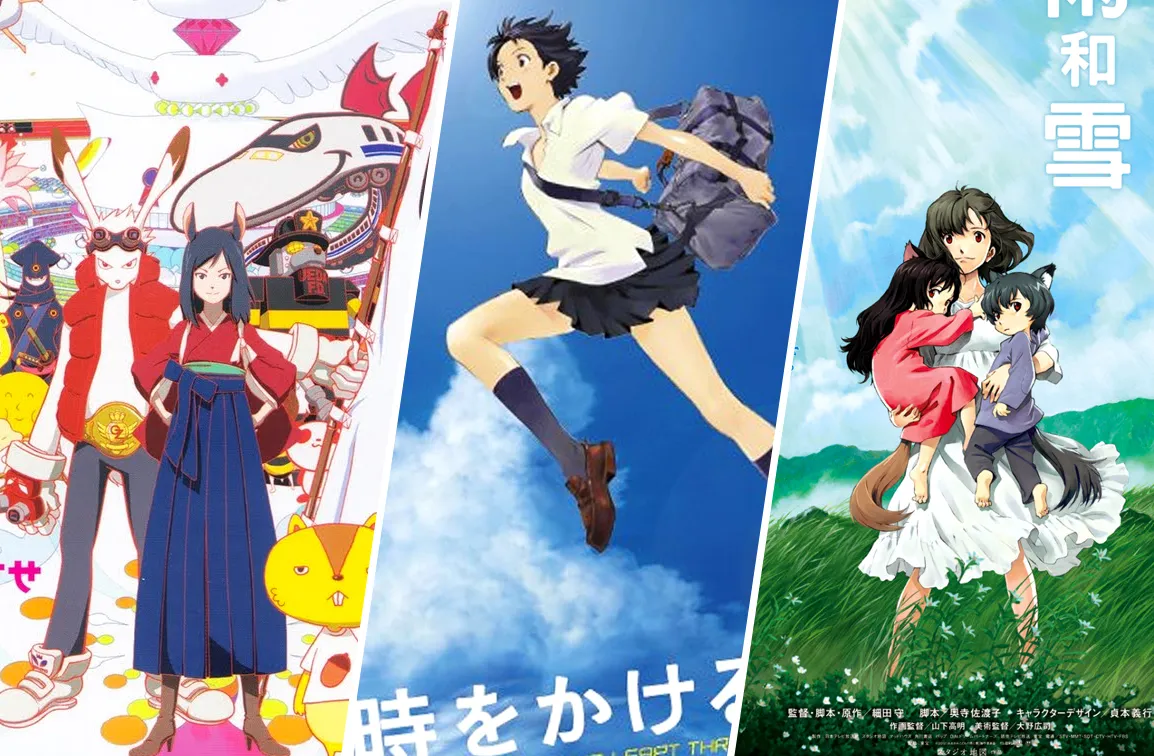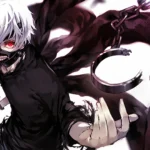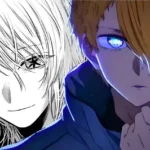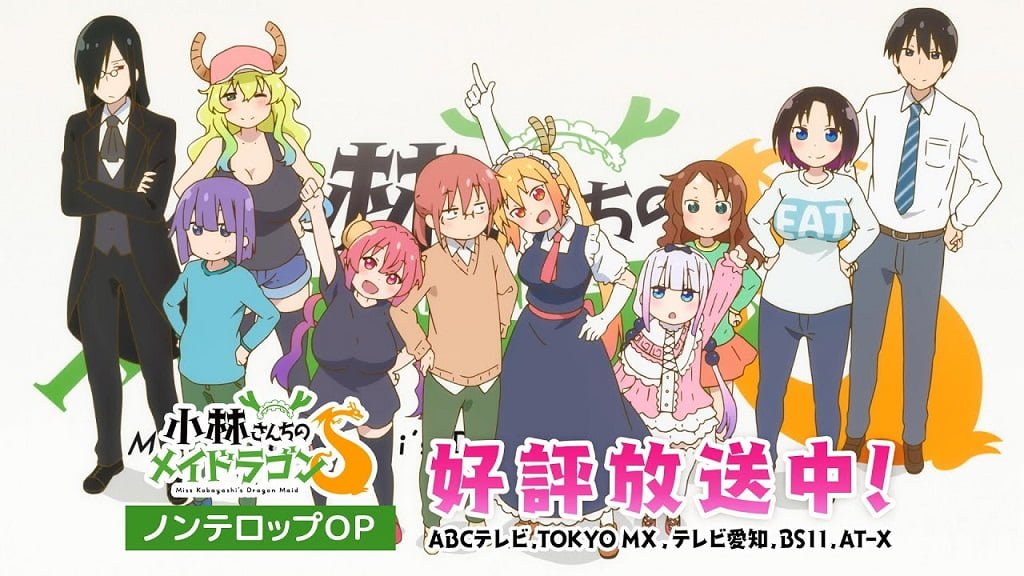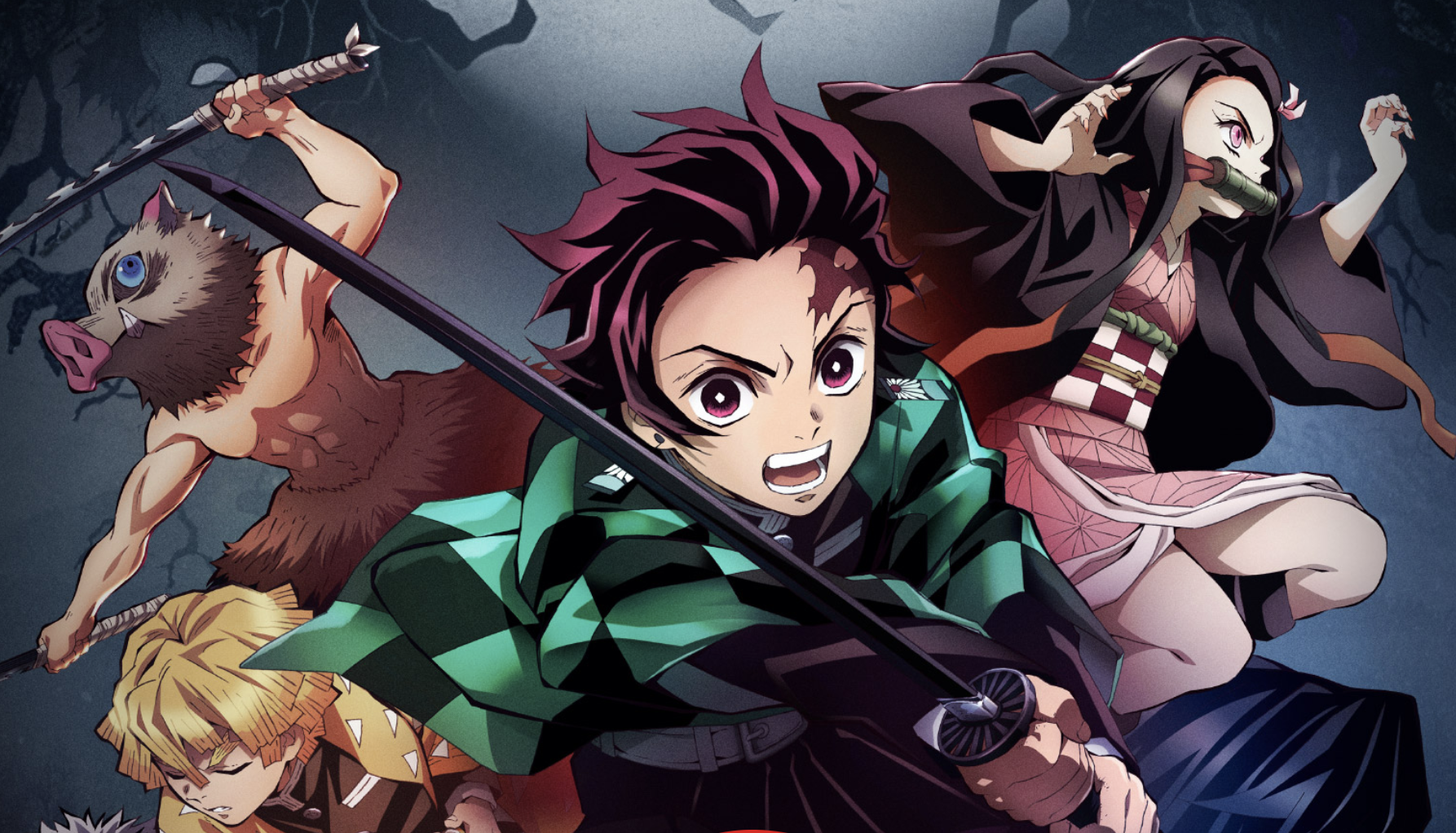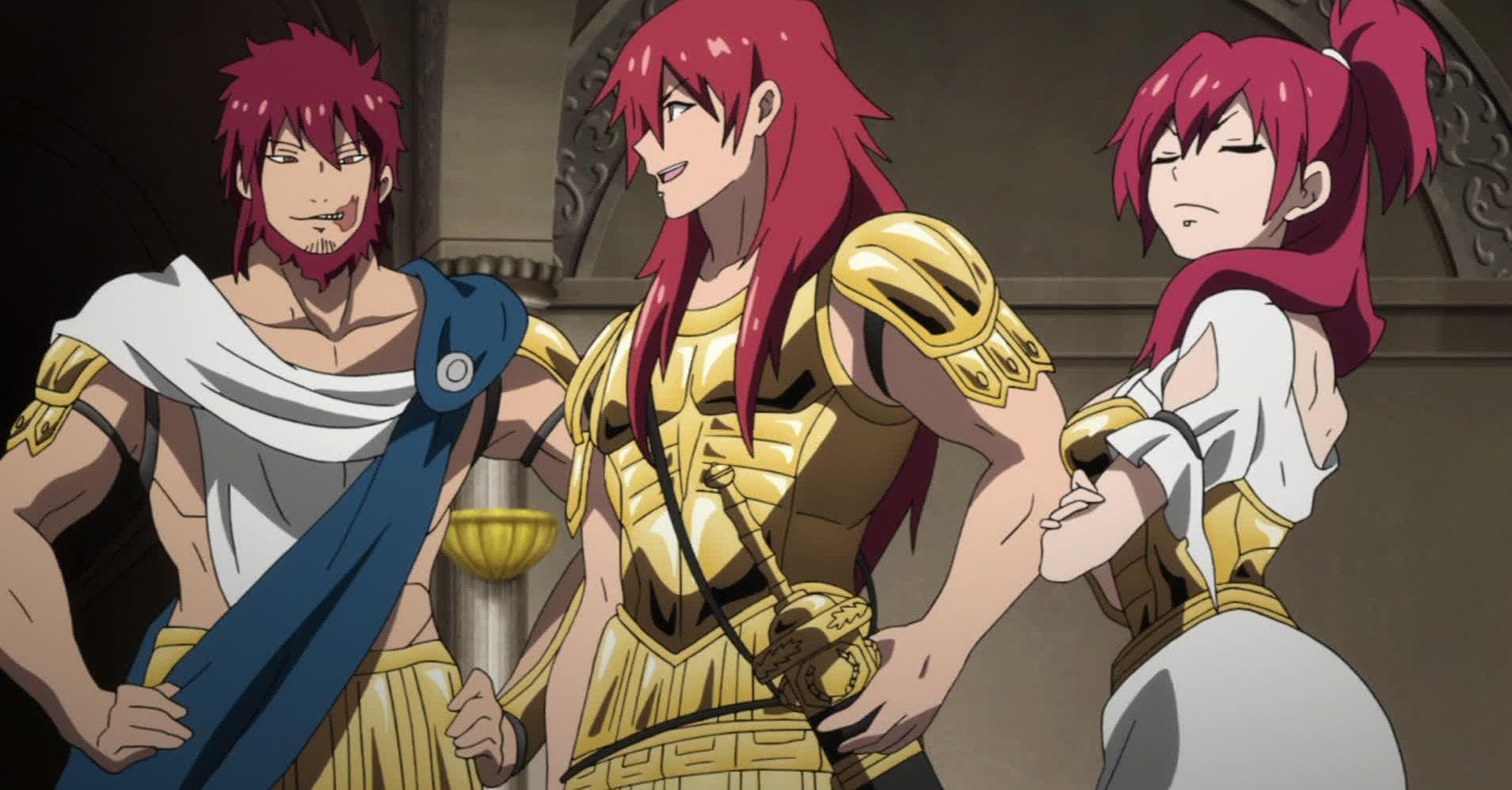Anime has a rich history of delivering exceptional films, showcasing the visionary talents of renowned directors who have pushed the boundaries of animation and storytelling.
When discussing anime films, it’s impossible not to mention the influential figure of Hayao Miyazaki, whose impact resonates across different generations and diverse audiences. His works have captivated viewers from all walks of life, leaving an indelible mark on the anime industry.
Another notable director who stands out is Satoshi Kon, known for his thought-provoking and high-concept films. His storytelling prowess and unique vision have elevated anime to new heights, captivating audiences with narratives that explore deep into the human psyche.
Makoto Shinkai is a director who has made a name for himself recently, with his films often celebrated for their breathtaking visuals and realistic animation. His storytelling ability to evoke powerful emotions has earned him recognition and admiration worldwide.
Masaaki Yuasa is another director who constantly challenges the conventions of anime. With his distinctive style and unconventional narratives, he pushes the boundaries of storytelling, creating thought-provoking and visually striking works that leave a lasting impression.
However, in modern anime, no director has captured the same level of success and awe-inspiring majesty as Mamoru Hosoda. His films possess a unique blend of humility, high-concept storytelling, and dynamic animation that takes viewers on exhilarating rollercoaster rides.
So let’s Check out Some Popular Movies by Mamoru Hosoda.
1. Digimon: The Movie (2000)

- Other titles: Digimon Adventure: Bokura no War Game!
- Genre: Adventure, Comedy, Sci-Fi
- Studios: Toei Animation
- Duration: 41 minutes
Digimon: The Movie may not be the ideal introduction to Mamoru Hosoda’s body of work, but it holds significance as his directorial debut for a full-length film.
This collaborative effort between Toei Animation and 20th Century Fox aimed to combine several shorts into a single blockbuster, which did manage to generate $16 million at the box office upon its release.
Hosoda skillfully edits and merges these individual shorts to create a cohesive film. However, it becomes apparent to viewers that specific crucial details may be missing, and the connections between each story can be somewhat confusing.
2. One Piece: Baron Omatsuri and the Secret Island (2005)
https://youtu.be/lI5aTkteI-0
- Other titles: One Piece Movie 6: Omatsuri Danshaku to Himitsu no Shima
- Genre: Adventure, Comedy, Fantasy, Shounen
- Studios: Toei Animation
- Duration: 1 hour 31 minutes
One Piece: Baron Omatsuri and the Secret Island represents a notable progression from Digimon: The Movie. This film explores into the story of the Straw Hat crew’s escapades and challenges on a mysterious island.
Often met with criticism and acclaim, Baron Omatsuri distinguishes itself from the anime series through its distinct animation style and unique atmosphere, adding an intriguing layer to the One Piece franchise.
Hosoda masterfully combines his signature animation techniques in this anime film with a darker and more ominous tone, transforming the narrative into a thrilling, horror-like experience. The Straw Hat crew finds themselves gradually separated by an enigmatic force, leading to a gripping battle for survival in the latter half of the film.
This departure from the usual One Piece formula allows for a profound exploration of the dynamics within the Straw Hat crew. Hosoda guides the audience through a captivating and visually stunning adventure that prompts deeper contemplation and reflection.
3. The Girl Who Leapt Through Time (2006)

- Other titles: Toki wo Kakeru Shoujo
- Genre: Drama, Romance, Sci-fi, School
- Studios: Madhouse
- Duration: 1 hour 38 minutes
The Girl Who Leapt Through Time marks Hosoda’s inaugural original film and provides a captivating glimpse into his creative potential for the future.
At its core, this film tells an ambitious yet heartwarming coming-of-age tale centered around Makoto Konno, a Japanese high school girl who discovers the ability to travel back in time following a life-altering accident. This extraordinary power is manifested through her remarkable ability to leap into the air literally.
Using her newfound temporal abilities, Makoto navigates the complexities of adolescence and seizes the opportunity to improve her life. However, the film faces challenges regarding world-building and establishing clear rules for time travel, yet its strengths shine through despite these shortcomings.
Hosoda skillfully blends teenage themes and conceptual metaphors, drawing upon the captivating chaos of science fiction to craft a genuinely heartfelt narrative that explores the fears and insecurities of growing up. The film poignantly conveys the poignant reality that, even with the ability to manipulate time, our protagonist cannot alter her destined future.
4. Summer Wars (2009)

- Genres: Comedy, Sci-Fi
- Studios: Madhouse
- Duration: 1 hour 54 minutes
Summer Wars revolves around the story of Kenji, a geeky and mathematically gifted individual, who unexpectedly finds himself playing the role of a fake boyfriend for his schoolmate Natsuki during a family gathering.
Through Natsuki, Kenji is immersed in a large family’s vibrant and joyful world, where traditions and close bonds prevail. Amidst their amusing escapades, an ominous presence looms within the virtual realm of OZ, a globally interconnected hub for technology-driven interactions.
Virulent viruses emerge, seizing control of people’s accounts and spreading chaos throughout the technology-dependent society. Amid this turmoil, Kenji and his newfound family become unlikely heroes, holding the key to ending the chaos that threatens their world.
Summer Wars beautifully demonstrates the power of determination and the strength of friendships in the face of adversity. It portrays the unwavering resilience of a family and the profound impact their shared history can have, even during the most challenging times.
5. Wolf Children (2012)

- Title: Ookami Kodomo no Ame to Yuki
- Genre: Fantasy, Slice of Life
- Studio: Chizu
- Duration: 1 hour 57 minutes
One of Mamoru Hosoda’s most celebrated and commercially successful anime films is none other than Wolf Children.
The story follows Hana, who falls in love with a man with the ability to transform into a wolf. After his untimely demise, Hana faces the challenges of being a single mother to their two extraordinary children. Raising two kids is already a monumental task, but their ability to transform into wolves takes their journey to a whole new level.
Wolf Children explores beyond the struggles of single parenthood. It beautifully portrays Hana’s efforts to understand and connect with her children as they navigate the conflicts that arise from their unique identities and cultural backgrounds.
If you’re one of those touched by this film, it may have inspired you to pick up the phone and call your mom, expressing your appreciation and love.
6. The Boy and the Beast (2015)

- Other titles: Bakemono no Ko
- Genre: Adventure, Supernatural
- Studio: Chizu
- Duration: 1 hour 59 minutes
The Boy and the Beast dive deep into the parent-child relationship dynamics and emphasizes the significance of a nurturing bond in a child’s life.
Ren, a young boy who is reluctant to accept his adoptive family following the loss of his parents, finds solace in the streets of Japan. There, he encounters Kumatetsu, a powerful mythical beast, who extends an invitation for Ren to become his disciple.
Kumatetsu, despite his immense strength, lacks the qualities of leadership and companionship required to rule over the Beast Kingdom. What initially appears as an opportunity for Ren to escape his adoptive family and for Kumatetsu to find assistance in his quest for kingship gradually transforms into a genuine relationship between student and teacher, and even a father and son bond, as both characters mature and draw strength from one another.
The Boy and the Beast serve as a metaphor at specific points, delving into deeper themes and messages that resonate beyond the surface-level narrative.
7. Mirai no Mirai (2018)

- Genres: Adventure, Drama, Fantasy
- Studio: Chizu
- Duration: 1 hour 38 minutes
Like any artist, Mamoru Hosoda has received some critique regarding the consistency of his world-building. Particularly when delving into science fiction and fantasy, he has faced challenges in effectively conveying his ideas.
However, Hosoda took a fresh approach with his latest creation, Mirai, by embracing a departure from rationality. He fully immersed his creative talent in pure visual imagination and metaphor, allowing the film to take on a unique and enchanting quality.
Mirai centers around the adventures of Kun, a spirited 4-year-old boy whose family dynamic is disrupted when a new baby sister arrives. This pivotal event sets a series of magical journeys for Kun as he grapples with the growing tensions within his household. These extraordinary escapades involve his dog transforming into a human companion, time travel to his mother’s past and encounters with his future sister.
8. Belle (2021)

- other titles: Ryuu to Sobakasu no Hime Belle
- Genres: Drama, Fantasy
- Studio: Chizu
- Duration: 2 hours 2 minutes
Suzu is an ordinary high school student who leads a timid existence in a tranquil rural village. She has remained a mere shadow of her true self throughout the years.
However, everything changes when she steps into the vast virtual world known as “U.” Within this digital realm, she sheds her inhibitions and assumes the persona of Belle—an enchanting and universally adored singer.
But one fateful day, Suzu’s captivating concert is disrupted by the appearance of a terrifying creature pursued by netizens. This unexpected event sets Suzu on an emotional and grandiose quest. She embarks on a journey to unveil the true identity of this enigmatic being while simultaneously discovering her own authentic self in a world where anyone can be anyone.

